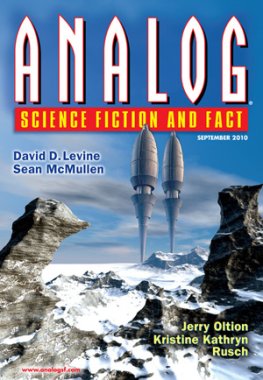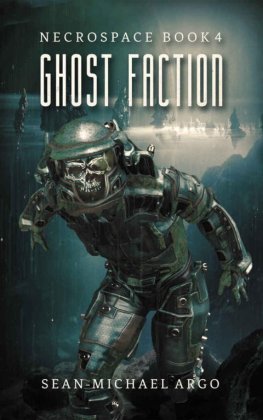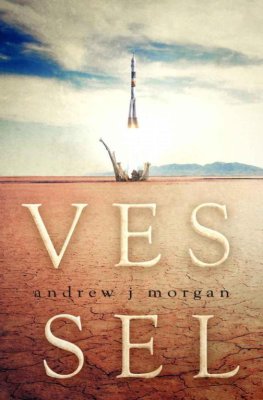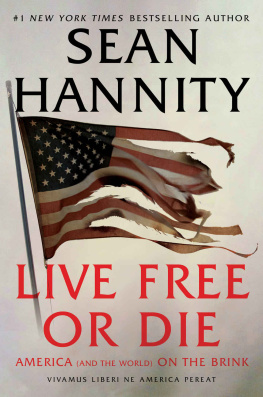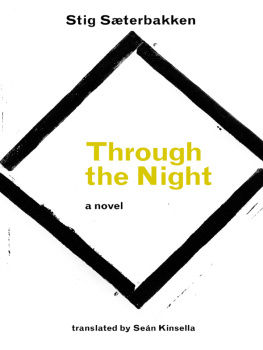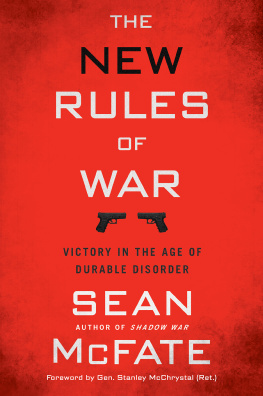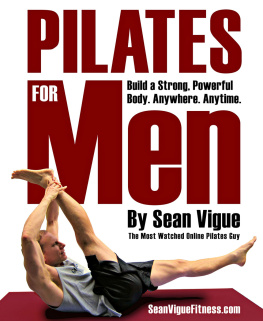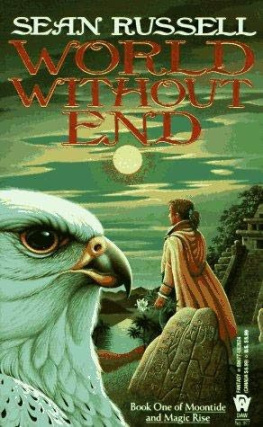souls in the great machine by
Sean McMullan
GREAT MACHINE
In Sean McMullen's glittering, dynamic, and exotic world two millennia from now, there is no more electricity, wind engines are leading-edge technology, librarians fight duels to settle disputes, steam power is banned by every major religion, and a mysterious siren "Call" lures people to their death. Nevertheless, the brilliant and ruthless Zarvora intends to start a war in space against inconceivably ancient nuclear battle stations.
Unbeknownst to Zarvora, however, the greatest threat to humanity is neither a machine nor a force but her demented and implacable enemy Lemorel, who has resurrected an obscene and evil concept from the distant past: Total War. Souls in the Great Machine is the first volume of Sean McMullen's brilliant future history of the world of Greatwinter.
SOULS
IN THE
GREAT
MACHINE TOR BOOKS BY SEAN MCMULLEN
The Centurion's Empire Souls in the Great Machine This is a work of fiction. All the characters and events portrayed in this novel are either fictitious or are used fictitiously.
SOULS IN THE GREAT MACHINE
Copyright 1999 by Sean McMullen
All rights reserved, including the right to reproduce this book, or portions thereof, in any form.
This book is printed on acid-free paper.
Edited by Jack Dann
A Tor Book
Published by Tom Doherty Associates, Inc.
175 Fifth Avenue
New York, NY 10010
Tor Books on the World Wide Web:
http://www.tor.com
Tor is a registered trademark of Tom Doherty Associates, Inc.
Designed by Lisa Pifher
Library of Congress Cataloging-in-Publication Data
McMullen, Sean.
Souls in the great machine / Sean McMullen.--lst ed.
p. em.
"A Tor book."
ISBN 0312870558
I. Title.
PR9619.3.M3268S6 1999
823c21 99-21934
CIP
First Edition: June 1999
Printed in the United States of America 0 9 8 7 6 5 4 3 2 1 To
Jack Dann, who has made so many things possible in Australia PROLOGUE
The girl moved with the calm confidence of a thief who knew that she would not be disturbed. The crew of the three-hundred-foot tower had deserted the beam flash gallery at its summit, and the great eye of their receptor telescope stared blankly at a tower on the eastern horizon. Although mounted to look perpetually east for signals from the Numurkah tower, the communications telescope could be moved through a few degrees for adjustment and servicing. Unclamping the control wheels of the telescope, she spun them, slowly turning the glass to where the moon was rising. A reciprocating clock on the wall tinkled as it reached 9:45. The calendar wheels beside it declared that it was the 26th day of September in the Year of Greatwinter's Waning 1684.
The lunar surface was the familiar jumble of craters and mountains, along with a faint tracery of ancient strip mines. A few deft twists detached the standard eyepiece, but her own array of lenses and caliper screws took longer to install and adjust. The clock rang out the tenth hour past noon. The moon was 5 degrees above the horizon when she finished.
The increased magnification gave a washed-out image that danced in the air currents. Because the moon was a little past full there were shadows near the edge, exactly where she needed them. She adjusted movable crosshairs within her eyepiece, glanced at the clock, then measured the length of a shadow cast by the cut of a strip mine. She gasped, then fought down her excitement.
She repeated the measurement, then made it again with her other eye. The readings were identical. The clock announced 10:15. She scrawled down the figures selected another shadow, and took more measurements. By 10:30 the elevation was nearly 10 degrees. Time seemed to accelerate as she measured a third strip's shadow--and suddenly one of the wheels raising the telescope reached its maximum elevation and jammed. The vista of lunar strip mines slid out of the field of the eyepiece.
She was aching to look back to her measurements as she lowered the tele scope, reinstalled the standard eyepiece, and focused on the beam flash gallery at the summit of the Numurkah tower. Some rough calculations verified what she had already worked out in her head: the first of the three strips that she had measured was significantly deeper than it had been a year ago.
With a final glance around the beam flash gallery, she left for the stairwell and began the long descent. All the way down, her mind was racing with the implications of a 5 percent deepening in a scratch on the lunar surface. Walking into the deserted streets of the river port, she paused to look up at the moon. It was such a momentous discovery, yet she could tell no one. Her entire life was becoming a catalogue of secrets she could not share.
"Fantastic, even after two thousand years their machines still work," Zarvora Cybeline said aloud; then she turned to the jumble of moonlit buildings that was the Echuca Unitech's library. "Time to build my own machine."
CHAMPIONS
Fergen had not noticed a suspicious pattern in the pieces on the board by the seventh move. Champions was his best game and he had even its most exotic strategies and scenarios memorized. The Highliber advanced a pawn to threaten his archer. The move was pure impudence, a lame ploy to tempt him to waste the archer's shot. He moved the archer to one side, so that his knight's flank was covered.
The Highliber sat back and tapped at the silent keys of an old harpsichord that had been cut in half and bolted to the wall of her office. Fergen rubbed plaster dust from his fingers. All the pieces were covered in dust, as were the board, the furniture, and the floor. The place was a shambles. Wires hung from holes in the ceiling, partly completed systems of rods, pulleys, levers, pawls, gears, and shafts were visible through gaps in the paneling, and other brass and steel mechanisms protruded from holes in the floor. Occasionally a mechanism would move.
Fergen gave the game his full attention, but Highliber Zarvora tapped idly at the harpsichord keys and seldom glanced at the board. A rack of several dozen marked gearwheels rearranged their alignment with a soft rattle. The mechanisms were part of a signal system, the Highliber had explained. Libris, the mayor ai library, had grown so big that it was no longer possible to administer it using clerks and messengers alone.
The Highliber leaned over and picked up a knight. With its base she tipped over one of her own pawns, then another. Fergen had never realized that she had such small, pale hands. Her knight toppled yet another of her pawns, then turned as it finally claimed an enemy piece. Such a tall, commanding woman, yet such small hands, thought Fergen, mesmerized. The knight knocked another of its own pawns aside; then his king fell.
For some moments he stared at the carnage on the board, the shock of his defeat taking time to register. Anger, astonishment, suspicion, incomprehension, and fear tore at him in turn. At last he looked up at the Highliber.
"I must apologize for the surroundings again," she said in the remote yet casual manner that she used even with the Mayor. "Did the mayhem in here disturb your concentration?"
"Not at all," replied Fergen, rubbing his eye. Behind it the early symptoms of a migraine headache were building. "I could play in a cow shed and still beat anyone in the known world in less than fifty moves.
Do you know when I was last beaten at champions?"
The question had been rhetorical, but the Highliber knew the answer.
"1671 GW."
She tapped again at the silent keyboard. The little gears marked with white dots clicked and rattled in their polished wooden frame.
"And now it's 1696," he said ruefully. "I've played you before, but you never, never made moves like these."
"I have been practicing," she volunteered.
"You take a long time between moves, but oh, what moves. I have learned more from this game than my previous hundred. You could take my title from me, Highliber Zarvora, I know mastery when I see it."
Next page
